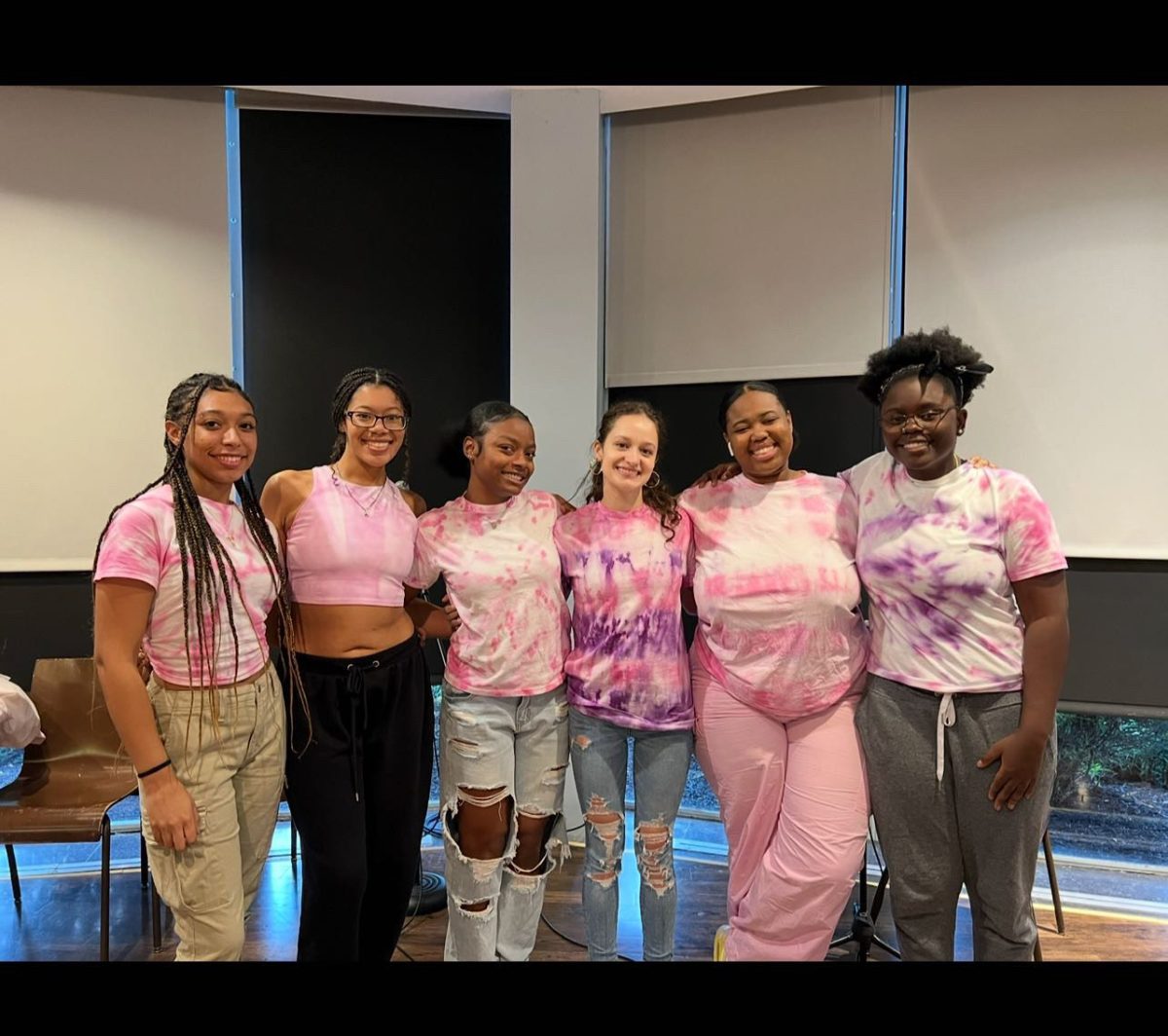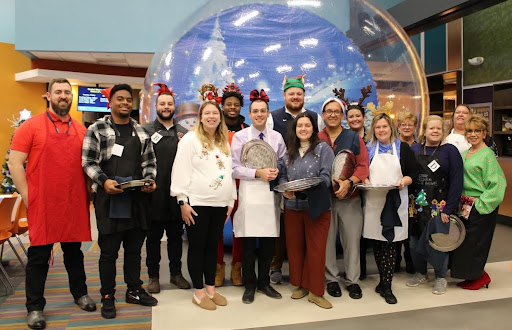Maggie Reid, Features Editor
For most students, there is always one class they can’t seem to forget because of how much anguish it caused.
College level classes can be difficult–and some students find some courses harder than others.
For sophomore Kristina Barth, “Written Communications” was the class she struggled with most.
“For me, it was the hardest class I’ve taken because I am not very good at essays,” Barth said. “It was a required class for the honors program, and I probably dedicated around eight to ten hours a week for it.”
If junior Kylie Reardon had to choose, she would pick Physics 151.
“I found the course material and the teaching style to be difficult,” Reardon said. “In order to do well, I had to put a lot of time and effort into this class. I would go to multiple professor’s office hours, study in groups, by myself and basically just spend every waking moment of my life doing physics.”
Like Reardon, junior Jon Kulpa, also struggled with the physics course.
“I probably spent four hours a week doing work for this class,” Kulpa said. “Between doing things like homework, chapter submissions and studying. I struggled on the tests, but in order to do well I worked with friends and we helped each other out in order to understand the material better.”
Junior Nick Ashton found his online class, “Bureaucracy and Culture: U.S. Healthcare System,” to be the hardest he has ever taken.
“It was only offered online, so I had to teach myself the material that I was not familiar with,” Ashton said. “Each week we were required to read multiple chapters from two different books, and as someone who normally doesn’t read textbooks due to time restrictions, it was stressful. Plus, we had to answer assigned questions, comment on others posts and record ourselves talking about the topic for that week.”
Neuroanatomy was the most difficult class for sophomore Gloria Hopkins.
“What made it so difficult was the miscommunication between the lab and the lecture professors,” Hopkins said. “The expectations between what should have been taught and what actually was being taught in the lab was different. We were expected to understand material that we weren’t even taught yet — but were supposed to already have learned, which was frustrating.”
In order to do well, Hopkins would listen to recordings of lecture notes in the car while driving to and from school. At least 15 hours a week were dedicated to her studying.
Junior Renee Lewis found herself struggling with her linguistics the most out off all the courses she had to take.
“It was taking a language you know and looking at it in a completely different way that you are not used to doing,” Lewis said. “You would look at different languages and notice the patterns that would correlate between them all. I did a lot of studying for that class, as well as asking for help in order to do well.”
Lewis had to take another linguistics course for her major, called “Modern English Grammar,” which she also found to be difficult.
“Basically, you would just look at all the different aspects of today’s grammar,” she said. “For that class, I would work on assignments with classmates and we would help to go over the material so that we understood everything.”
Junior Lukus Becker found microbiology to be the most difficult due to how intense it was from the first day on.
“The information you needed to know for each test was extensive and not always clear,” Becker said. “Our final was memorizing over a hundred diseases, what bacteria/viruses caused them, what part of the body it affected and so on.”
Becker dedicated between 5 and 8 hours a week going over materials and completing assignments.
“I did not do great in this class, but I did good enough,” Becker said. “It was not a major related course, but I needed to take it for veterinary school.”












